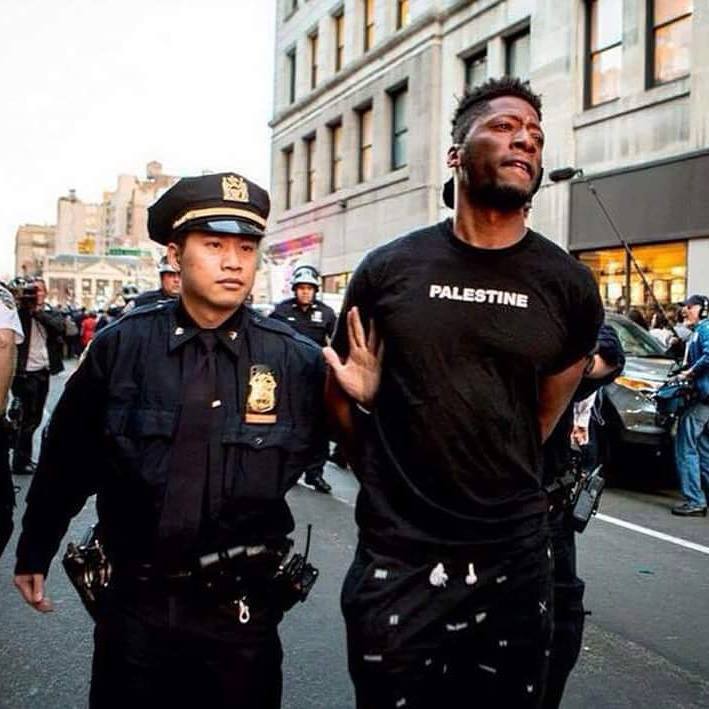Tag: Global Actions
-
Solidarity from Palestine to Baltimore
1st May 2015 | International Solidarity Movement | Occupied Palestine We, Palestinians struggling against Israeli Apartheid, stand in solidarity with the residents of Baltimore. We send our condolences to the family of Freddie Gray and all those murdered in police custody. We add our voices to the demand that the killers be held accountable. We send…
-
One person shot at protest against Israel’s cancer-causing chemical plants in Tulkarem
29th April 2015 | International Solidarity Movement, Huwwara Team | Tulkarem, Occupied Palestine Around fifty Palestinians and international activists gathered today in Tulkarem, east of Nablus, to protest the presence of 11 Israeli chemical plants located in the city. The protest took place outside the Gishuri chemical plant on what is locally referred to as the “death…
-
The world heeds the call of Palestinians in Gaza for pressure on Israel
August 9th 2014 | International Solidarity Movement | Occupied Palestine Update: Please help us spread the word in Arabic, Italian, French, Hebrew and Spanish via your networks. ******* Hundreds of thousands of people worldwide have taken to the streets in response to a call from Palestinian civil society in the occupied and besieged Gaza strip, and the BDS National Committee…



